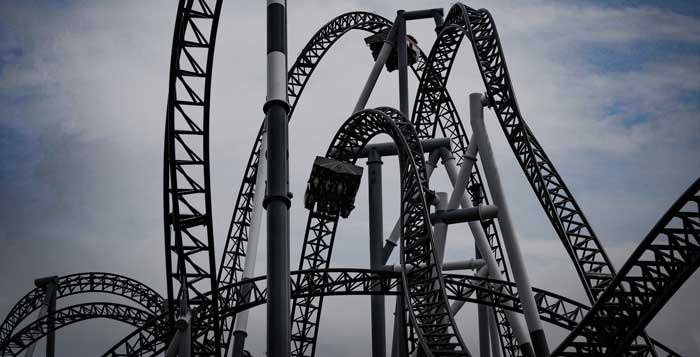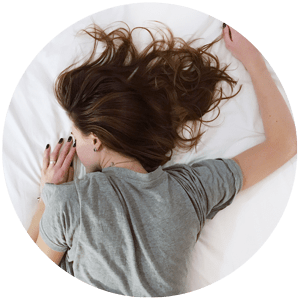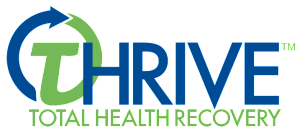Anyone with substance abuse addiction of any kind is aware of withdrawal.
Withdrawal can be an uncomfortable process as your body becomes accustomed to not receiving your substance of choice on a regular basis. The symptoms vary according to the substance that was being abused. Despite the discomfort (which can be assisted with medical care), the withdrawal process is usually over in a matter of days or, at most, a couple of weeks.
Achieving sobriety can be hard, but, for many people, maintaining that sobriety is even more difficult. Post-acute-withdrawal syndrome (PAWS) is something that can create symptoms that challenge sobriety. When people don’t know it can happen or what it is, it can often lead to relapse.
Fear of withdrawal is common and understandable however one of the hallmarks of a medically licensed detox is to make withdrawal safe and comfortable. You Can watch Corey’s full testimonial as well as more unscripted guest testimonials here.
Most people in recovery report having some symptoms of PAWS.
The most common PAWS symptoms include:
 Problems Sleeping
Problems Sleeping
Disordered sleep that can include problems going to sleep or remaining asleep. It can also include vivid dreams of the substance of choice that even cause people to awaken thinking momentarily that they did use again.
Mood Swings
Mood swings occur as the brain becomes accustomed to not having the mood-altering substance. Without the substance, the brain is learning to find its new “normal”, and that can come with mood swings that seem to come from nowhere. The brain will, however, find its balance over time.
Anxiety
Anxiety can occur, especially in people who have used alcohol, a depressant, or people who have abused anti-anxiety medications, which tend to numb out normal feelings. The normal ups and downs of daily living can at first feel exaggerated as people learn to live without the substance.
Low Energy
Low energy levels or general low enthusiasm can occur when the brain no longer receives “feel good” substances and begins to make and regulate its natural supply of neurotransmitters that give a natural feeling of well-being.
Difficulty Concentrating
Difficulty concentrating can be another symptom and one that can cause fear that there is brain impairment from the substance use. This is usually temporary and not a symptom of damage to the brain.
 Craving Substances
Craving Substances
Craving the substance of choice can occur, even after long periods of sobriety. Especially during times of stress or discomfort, a psychological craving for the substance of choice is common. If recognized that it is just a passing thought, though, it doesn’t have to be acted upon and will pass.
Feelings of Stress
Difficulty in dealing with stress is common. For most people with addiction, their substance was their crutch during times of stress to decrease their feelings of stress. Without their substance of choice, even minor stress can feel very uncomfortable.
PAWS can feel like a rollercoaster of emotions and symptoms.

A supportive friend or family member that understands PAWS that you can talk to when these symptoms arise is helpful. It is important to take care of yourself and really focus on doing things that you enjoy and that bring you peace are important. Treat your recovery with care, nurture it and know that you can navigate through the tough times and have long-term sobriety.
Gulf Breeze Recovery understands the importance of helping their guests understand PAWS. Coursework and group discussions about PAWS are incorporated into the teaching curriculum. Online and in-person support groups are offered too, that allow for discussions after the program is completed. Gulf Breeze Recovery strives to provide services to promote long-term recovery for all our guests.
Finding the right treatment program is important. Check us out and see how our holistic non-12 step works.
When you decide that Gulf Breeze Recovery is the right choice for you or your loved one, contact us at Gulf Breeze Recovery or call: 833.551.2356 to speak to an addiction expert to learn more about our program that has helped so many people overcome their addiction and embrace life. We help people not just to survive, but to THRIVE®.
Want to read more about Gulf Breeze Recovery’s non 12 step, holistic drug and alcohol rehab? Check out some of our latest posts:
Researchers Identify Role of Key Brain Signaling Protein in Alcohol Use Disorder
January 29, 2021
College Students Who Returned Home Due to Pandemic Drinking Less
January 29, 2021
Overdose Deaths Soar in the Midst of a Pandemic
January 27, 2021
Alcoholism Today in Seniors and Younger Generations
January 20, 2021
End Chronic Relapse and Start a New Life!
At Gulf Breeze Recovery we don’t want you to have just a great recovery, we want you to have a great life!


 Problems Sleeping
Problems Sleeping Craving Substances
Craving Substances





